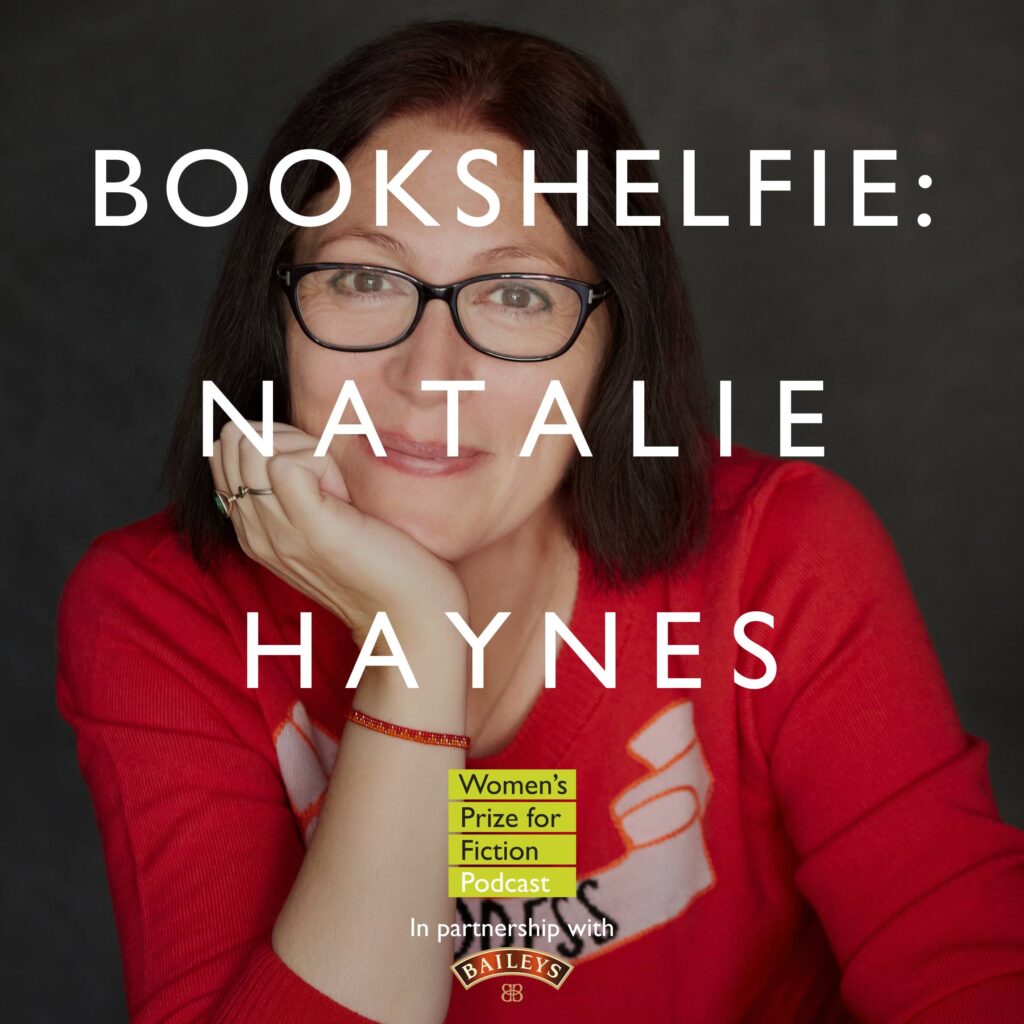A friend to the Women’s Prize, Shortlisted in 2023 and 2012 Orange Prize for Fiction judge, Natalie Haynes is this week’s Bookshelfie podcast guest. Natalie sat down with our fantastic host Vick Hope to discuss her love for Agatha Christie, why Greek adaptions haven’t always been sexy and how writing novels and writing stand-up routines differ.
Her book choices take us from Buckinghamshire to Tokyo, from a quaint English village to Ancient Greece.
Check out the full episode here.
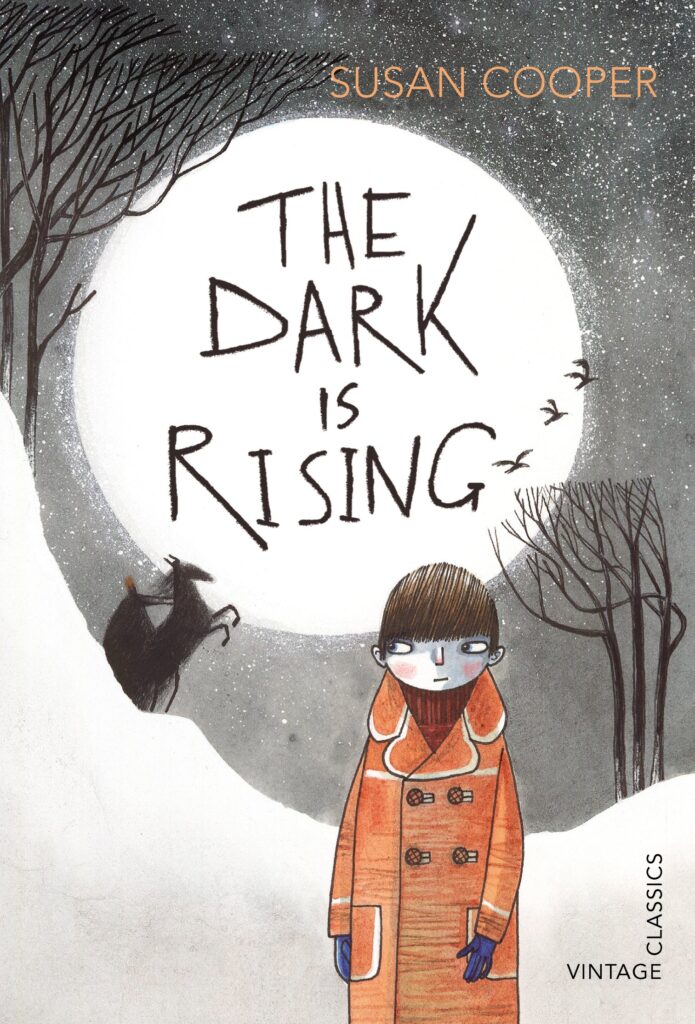
“When I first read the Dark Is Rising, I was just so beguiled by it, you know, her language of place is absolutely incredible. The geography is small, you know, it’s it’s local, it doesn’t go very far from this particular spot, and the icy winter of Buckinghamshire, but it’s so detailed, you know, she really understands the outside fantastically.”
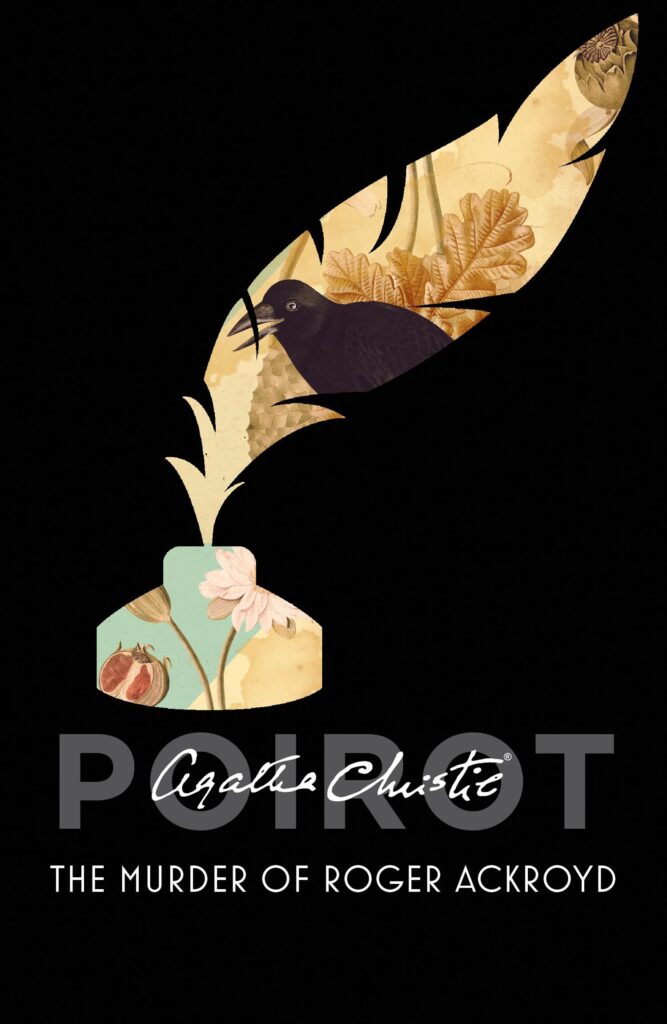
“Two reasons I was a huge Christie nut growing up in my teens. I think it’s hard not to be patronising about her writer if you say that, but I think she does and does deliberately use quite simple language to tell quite complicated stories, or quite complicated plots, perhaps. I think that’s part of why she’s been so successfully translated into dozens and dozens of languages where she’s never out of print. And they are really easy books to read…but Roger Ackroyd is such a fantastic novel precisely because Christie knows the rules so well. She literally makes the rules or jointly makes the rules with other great crime writers of the era. And then she breaks them and she does it over and over again.”
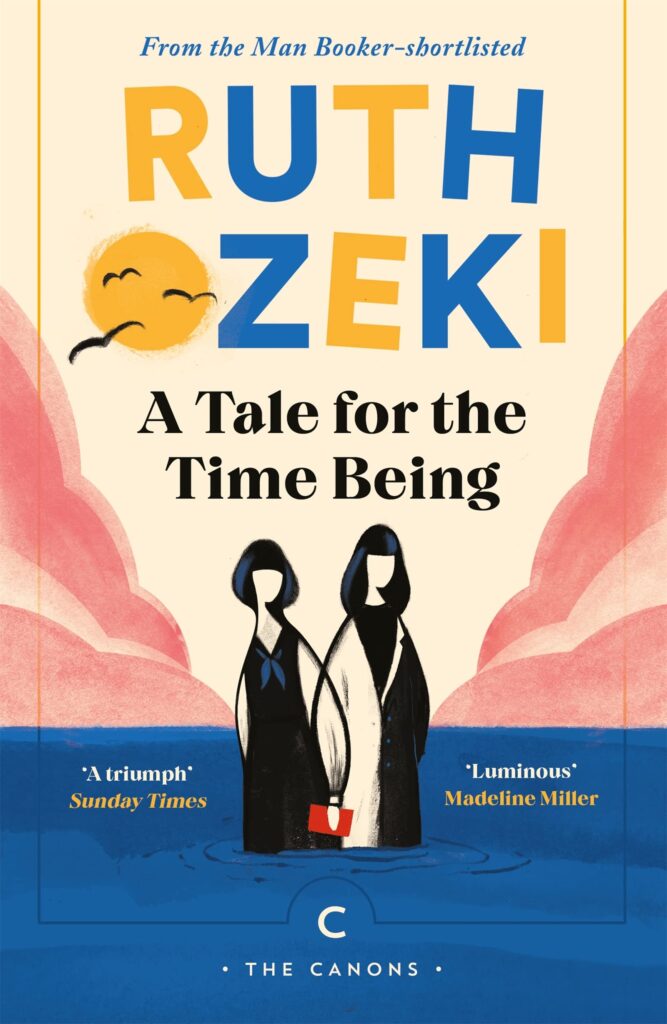
“And it’s just magnificent. It’s just a magnificent piece of writing. And it’s intercut with this much more kind of sedately paste story of Ruth Ozeki, who finds the diary near her home in Canada, and is trying to work out if now is real, and who she might be initially is in trouble. And so it has a sort of thriller structure. But as the way with Ozeki’s writing always, it’s the interleaving of stories that makes it so compelling.”
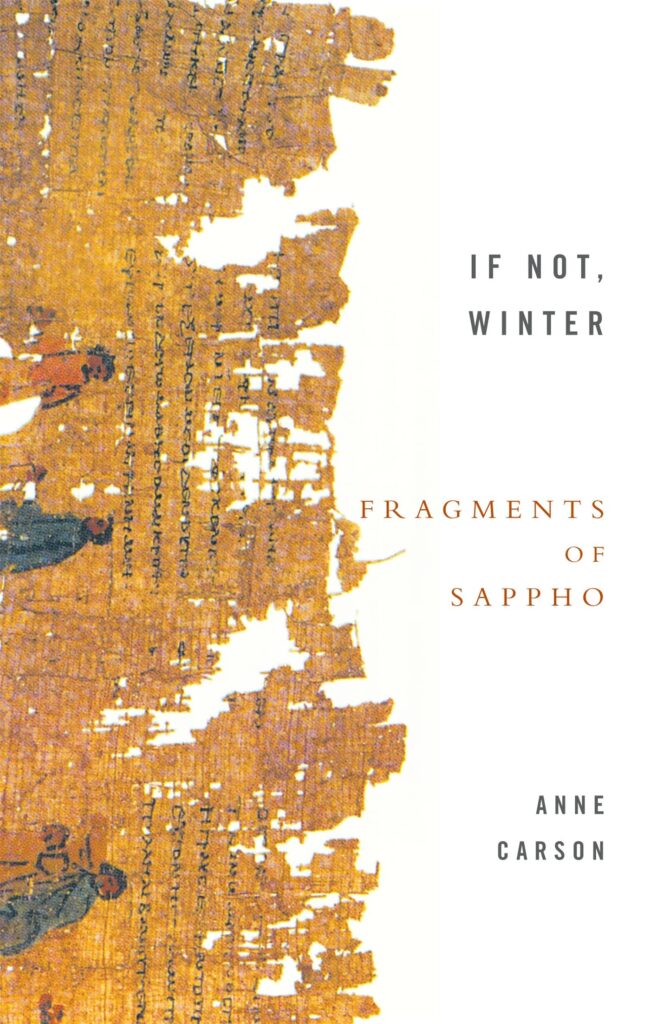
“But the truth is that Sappho is and and always will be incredibly opaque to us. It’s really, really hard to know when you read, the fragments that we have, whether these are poems in her own voice or whether they’re poem she’s putting in someone else’s voice. It’s hard to know if these poems were for people who commissioned her to write poems like wedding songs and things like that. So these poems in her voice when she talks about women, or when talks about men, I don’t know, nor does anyone and that is why she is an ongoing mystery.”
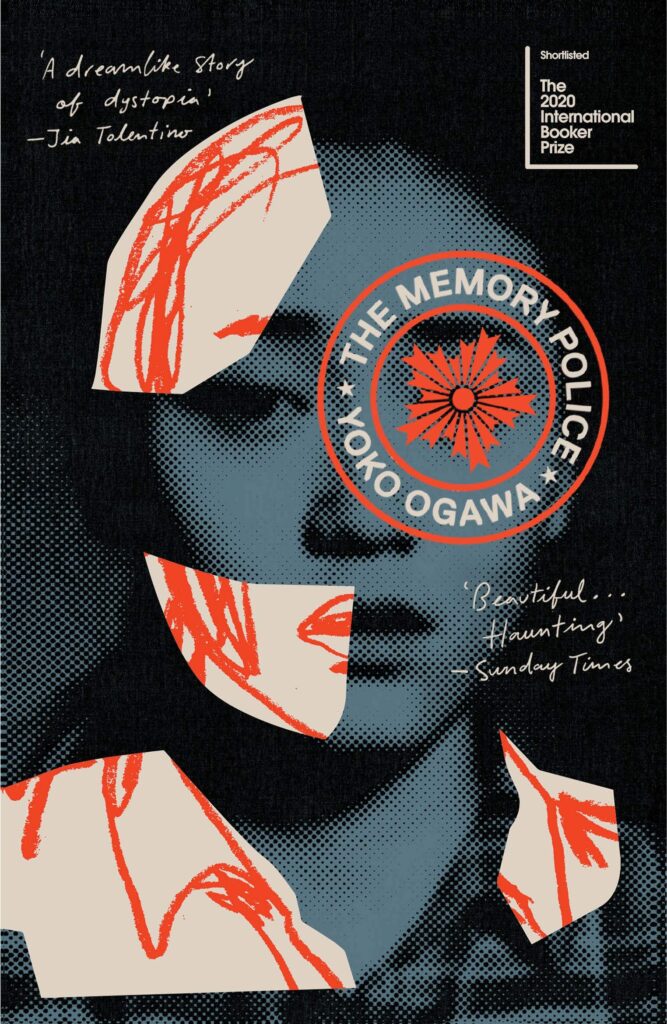
“It’s just an extraordinary and really haunting book, not least, because, things disappear. And they’re sort of outlawed. But like really ordinary things, like cups, or books, or just ordinary, prosaic everyday things. And they’re just sort of ruled by a force that we can’t explain, they’re just decided to now not exist anymore. And how people then develop is so brilliantly done, they feel really worried that they’re not going to be able to have the things that they are used to.”
